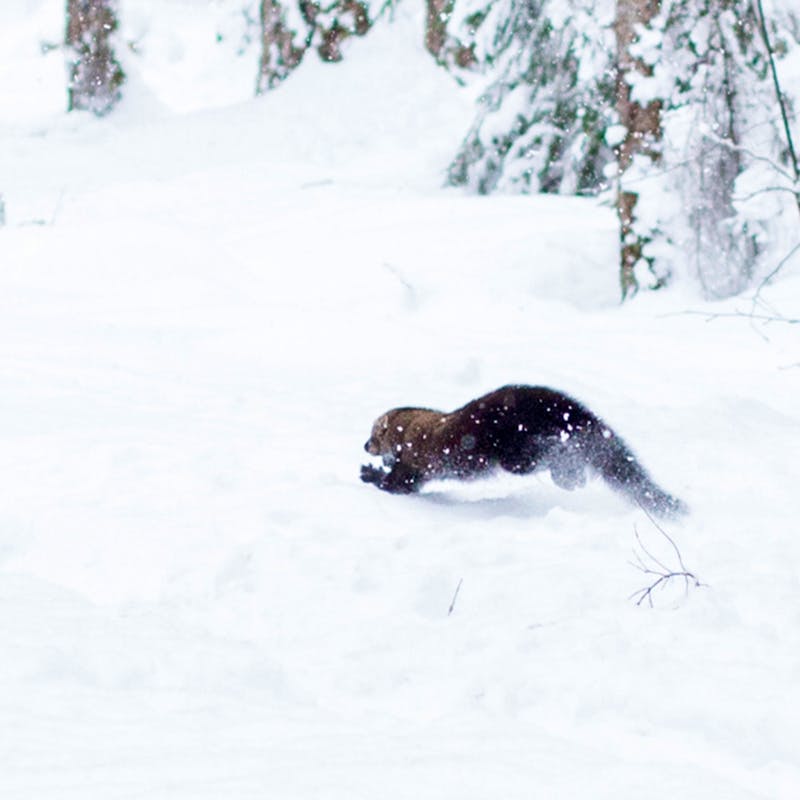More wolf kill bills on the way in the West – Western state legislators are stepping up their efforts to ensure that more wolves get killed. Montana is considering giving away free wolf tags to elk and deer hunters and allowing silencers to be used on rifles late in the season. The state legislature is also fast-tracking a three-pronged bill that would (1) prohibit wolf hunting and trapping buffer zones around Yellowstone and other national parks, (2) increase the number of wolves an individual can kill, and (3) permit the use of electronic calls. Meanwhile, Washington state ranchers are supporting a bill that would allow any private landowner to kill wolves or other predators at will without permission or oversight from state wildlife managers. Only Oregon is moving forward with responsible legislation that provides more emphasis on nonlethal strategies to prevent conflicts between wolf and livestock .
Good news, bad news for Mexican wolves – The good news is that the overall number of wolves counted in New Mexico and Arizona climbed to 75 this year – the highest total in 15 years and a big improvement over last year’s count of 58. At least 20 new pups were born and survived through the end of the year, and 13 different packs were identified. The bad news is that there are only three breeding pairs. The lobos are facing a genetic crisis that puts their recovery at risk. That’s why Defenders continues to call for the release of additional wolves, as a first step toward genetic rescue of this rare subspecies. Listen to what Arizona State University biology professor Philip Hedrick had to say about the latest numbers on PNS radio:
Audio clip: Adobe Flash Player (version 9 or above) is required to play this audio clip. Download the latest version here. You also need to have JavaScript enabled in your browser.
Wolves alone can’t restore ecosystem — By now, most wildlife enthusiasts understand the important role that wolves play in dispersing elk and deer herds away from young aspens, cottonwood and willow trees. However, nature is a complex system and the interdependence of multiple species is vital to sustaining a healthy ecosystem. Researchers at Colorado State University found that restoring wolves alone cannot fix all the damage that occurred due to the loss of wolves and that beaver are necessary to help restore the water tables and plants that are the foundation for biodiversity. The researchers conclude that predators should never be eliminated from their habitat because of the significant impacts that follow their loss.
For the young (or young at heart) who want to have some fun and learn more about the role of wolves in Yellowstone, check out this episode of “Fetch” from PBS Kids. An interview with Doug Smith, the park’s lead wolf biologist, starts at the 6 minute mark.
The Hidden Life of Wolves – Want to get up-close and personal with a wolf pack in the comfort of your own home? Check out a new book from National Geographic, documenting the lives of wolves in central Idaho.





